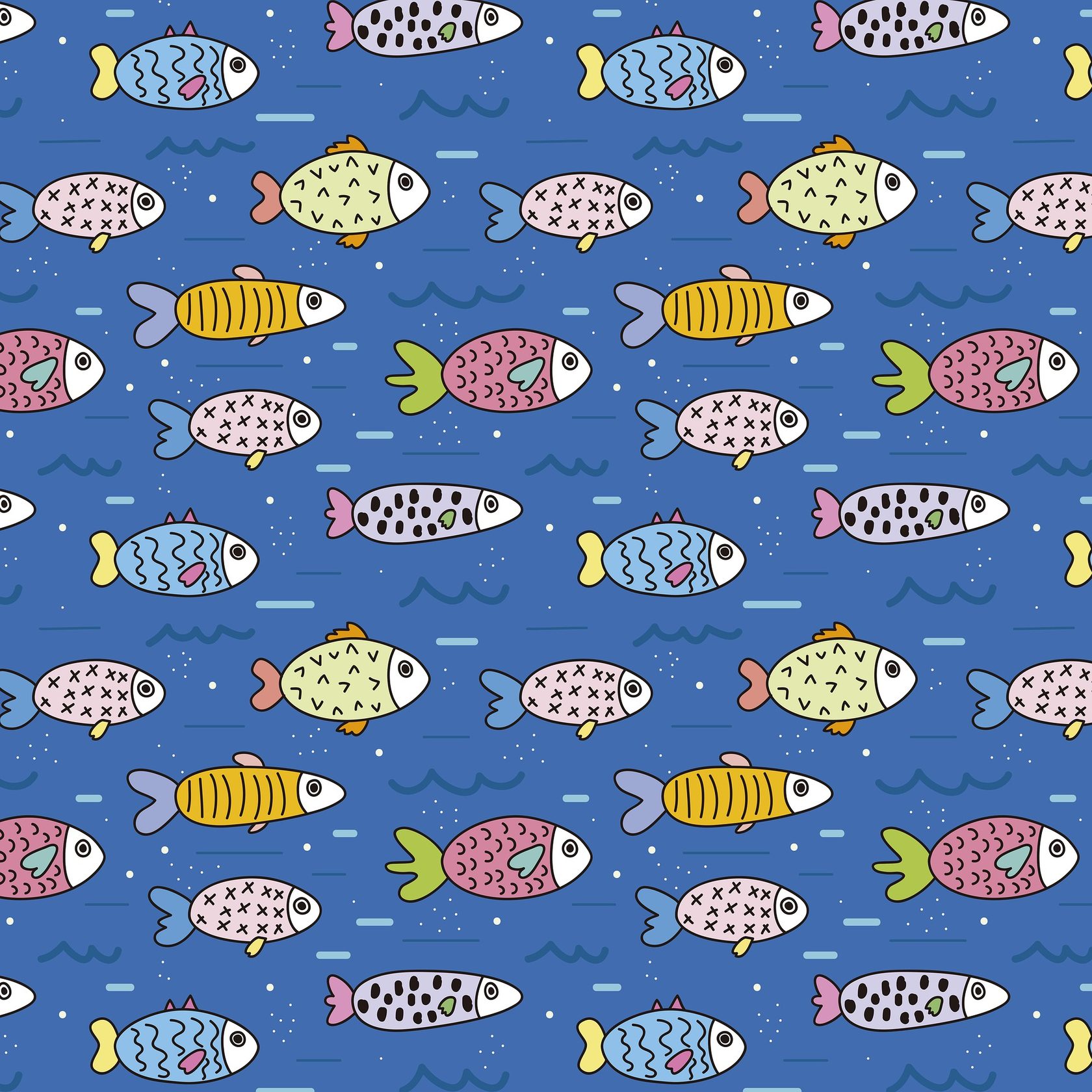What is fish useful for?
Easy to digest
Fish contains about 20% protein, approximately as much as lean meat. However, the “fish” protein is absorbed much better. Collagen, which forms the basis of fish connective tissue, easily passes into a soluble form (gelatine). That is why when we cook, stew or fry fish, it quickly becomes loose. Its fibres disintegrate already in the digestive system and are absorbed by the body by 93-99%.
Contains Omega-3
The fish oil which many of us took in pills as children, is notable for high content of Omega-3. The human body cannot synthesize these polyunsaturated fatty acids on its own, so it must receive them with food. The lack of this element can lead to a disbalance of the physical and intellectual development of a child and increase the risk of the cardiovascular system diseases.
Rich with vitamins and minerals.
- Phosphorus is essential for the growth and strengthening of bones. The lack of phosphorus reduces bone strength. Phosphorus plays a key role in metabolism, acting as an energy carrier and ensuring the vital activity of all organs and tissues of the body;
- Calcium is the main mineral in the structure of bone tissue. The deficit of calcium may hinder the growth and result in brittle bones and teeth;
- Vitamin D is necessary for the absorption of calcium in the intestines. Without this vitamin, calcium deposition in bone tissue slows down. The lack of vitamin D can lead to getting rickets. The human body can synthesize vitamin D on its own, but only under the sunlight;
- Vitamin А affects skin condition. The lack of vitamin A may lead to skin diseases like dermatitis or peeling skin;
- Vitamin Е improves tissue regeneration, stimulates the immune system and improves tone, slows the ageing process and improves blood circulation;
- Vitamins of В group are necessary for normal growth and development as well as for metabolism. They are essential for the proper functioning of the nervous system as these vitamins are involved in the transmission of nerve impulses. Ensure the normal functioning of all the muscles of the body, including the heart muscle.
-The fish is also rich with such indispensable components for child development as potassium, magnesium, iron, iodine.
The quantity of macronutrients in fish is about the same as in meat (0.2% phosphorus, 0.3% potassium, 0.1% calcium). However, fish contains about 30-50 μg% iodine which is five times more than in meat. Fish “lags behind” meat only in the content of iron which is about 1 μg%.
On average, the total mineral content in fish, especially in sea fish, is about 1.5 times higher than in meat. This comes to prove that fish and fish products are an important source of minerals in the diet.
What can a fish be dangerous with?
The waters of oceans contain mercury, and fish accumulates this dangerous substance in its organism. Large and predatory fish (e.g. tuna) can accumulate mercury up to 0.7 mg/kg. However, small “herbivorous” and non-long-living fish (for example, sardines, salmon, mackerel, and flounder) do not accumulate large amounts of mercury and cannot harm human health. The content of mercury in those types of fish usually does not exceed 0,05 mg/kg.
Unfortunately, it’s impossible to remove mercury out of fish with culinary methods. However, this does not mean we have to give up using fish. To remove mercury and other toxic compounds from the human body, it is enough to consume a few tablespoons of boiled rice daily. Additionally, beetroots and potatoes baked in peel help removing mercury from the human body. However, you are strongly encouraged starting detoxification of the organism only under the close supervision of doctors and after a complete blood test.
Another danger that fish lovers may face is parasites. Parasites larvae can enter human intestines with fish and cause serious diseases. Therefore, when choosing fish (especially freshwater), it is worth requesting a veterinary certificate, a quality declaration or a certificate. As with other products, avoid dubious sellers.
Even if we discuss a high-quality fish, that quality is highly variable as fish deteriorates quickly. Seafood or fish poisoning are still considered life-threatening.
How to choose a fish?
The fresh fish has shiny, moist but not sticky scales, the smell is light and intensifies when the gills are raised a bit. Dark, dull scales, stickiness, pungent odour suggest that the fish is not fresh. Fresh fish has shiny, convex eyes, and there should be no dark spots on the gills.
